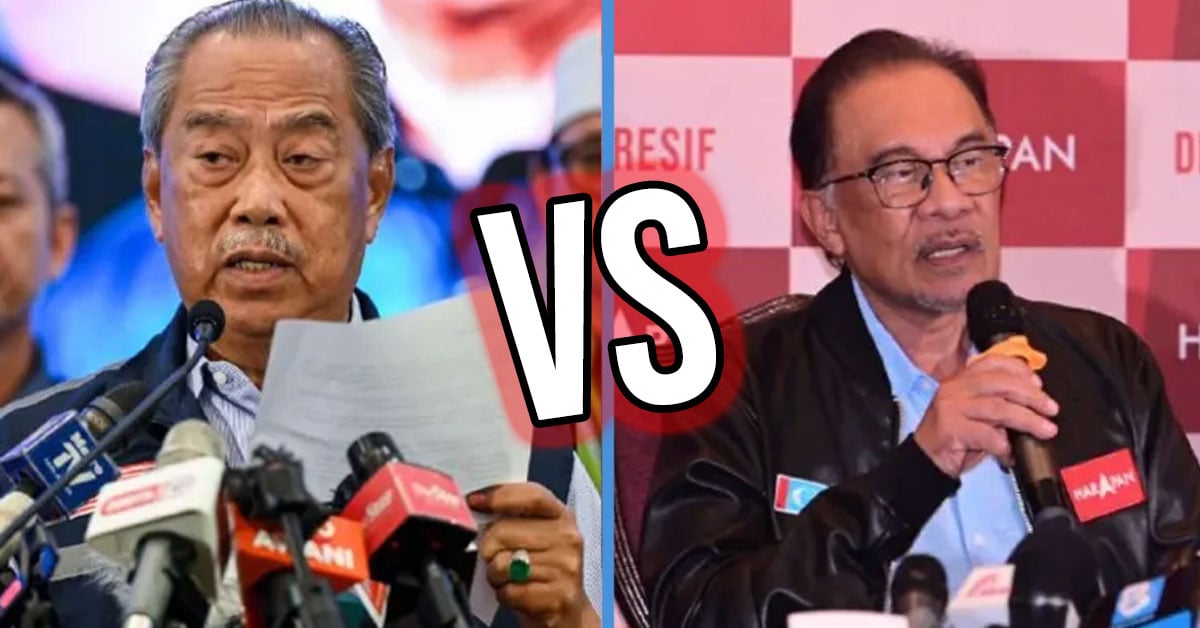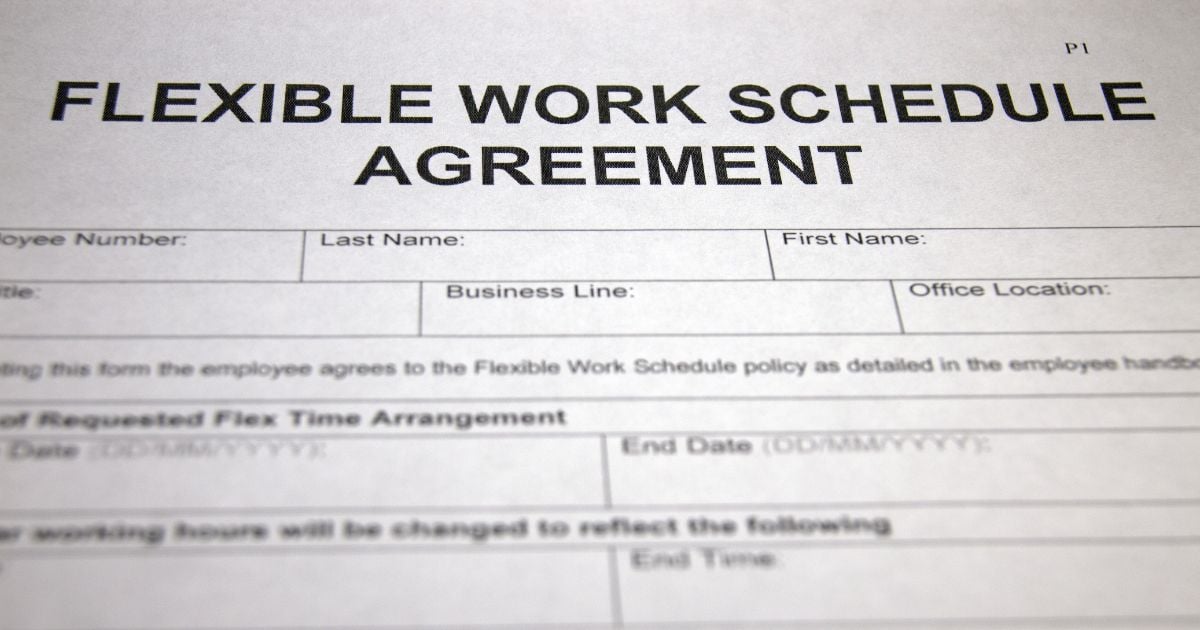Three full days have passed since Malaysians went to the polls, but they still won’t know who will be their Prime Minister today.
Earlier today, the Malaysia King called the Pakatan Harapan (PH) and Perikatan Nasional (PN) candidates for Prime Minister to the palace for a discussion.
This was because the Barisan Nasional (BN) alliance decided to stay in the opposition, leaving no leader with a simple majority of Parliament.
Initially, both parties claimed to have the support from BN.
Sultan Abdullah Ahmad Shah has to decide if he wants to appoint a minority government led by either PH leader Anwar Ibrahim or PN leader Muhyiddin Yassin, or if he wants to ask for some kind of unity government between the two largest groups that came out on top in Saturday’s election.
The answer is out: he’s not going to choose one over another but urges them to form a unity government.
The meeting has since ended, and according to Anwar, the king needs more time to make a decision on who to appoint as the country’s next prime minister.
Perikatan Nasional’s Muhyiddin Yassin claims that the king has requested for them to form a unity government—that is, for PN and PH to form an alliance instead, but Muhyiddin has declined the request.
This means the discussion is practically…fruitless.
Might As Well Ask BN People Lah
The King will, instead, meet up with 30 BN MPs individually from 10:30am tomorrow (23 November) to determine who they support, and therefore we’d know who really has the majority support.
This is because both Anwar and Muhyiddin claim to have the majority support.
Now, if this feels like déjà vu, it’s because this has, indeed, happened before: that was how the previous prime ministers, after Mahathir’s resignation, were selected as party leaders also claimed to have the majority support.
News About Anwar Being Interim PM isn’t Real
Prior to this, you might have seen reports that Anwar has been appointed as the interim PM.
That isn’t true; media outlets that published that have since removed the articles.
What Led to This
In case you haven’t heard, Malaysia saw its first-ever hung parliament in its history on 19 November 2022.
As such, the leading coalitions were expected to form alliances and come up with a government by Monday (21 November).
However, on Monday, neither party was able to produce a confirmation, prompting the Malaysian King to extend their deadline by 24 hours to Tuesday (22 November) 2pm.
In what has already been a rollercoaster of an election, we all thought that that would be the final rule to seal the fate of Malaysia’s parliament.
Unfortunately, we all thought wrong.
As of 2pm today, no alliances have been formed, and the parties are at a post-election impasse.
The key kingmaker and once-powerful Barisan Nasional, has decided that it would sit on the fence and not back either bloc. Instead, they prefer to be the opposition.
The party has been split on which coalition to support, with its leader, Ahman Zahid Hamidi, supporting PH but key members of the party supporting BN. Now, it is now choosing to not take sides and remain an opposition.
In other words, no prime minister has been named.
Malaysia now turns to its constitutional monarch, Sultan Abdullah Sultan Ahmad Shah, to name a new prime minister.
As king, Sultan Abdullah plays a largely ceremonial role in the country’s politics. However, it is not the case this time.
Ironically, the king is the kingmaker.
“Be patient, accept the decision of the people, the decision of the MPs, and the decision of the Agong,” he said. “Be rational, and we have to move on for our beloved country. Allow me to make a decision in the near future.”
Why So Messy?
First, let’s understand how the system works.
It’s actually similar in Singapore, but because one party has always won the majority, we might not be familiar with this.
As we all know, the number of votes is proportional to the number of seats won: more votes equals more seats in parliament. Simple, right?
Next, we have to comprehend how a government is formed.
The government is not formed by the party with the most seats. It is formed by the party with the majority of the seat. In other words, a party has to have not only the most number of seats, but also more than half of the seats, in order to form the government.
In Malaysia’s case, the dominating party, PH secured 82 seats in the 222-member parliament. It secured the most seats, but not the majority. Simply put, it checks only one of the two boxes required.
So, what now?
In this case, since there is no government formed, we refer to the scenario as having a “hung parliament”.
When this happens, parties can band together and form alliances. Through this, they form larger bodies and their seats are combined. This would allow parties to check the second box in forming a government.
Since there was no government formed in Malaysia’s case, the King needed to step in.
Again.
Featured Image: Parties’ Press Conference





